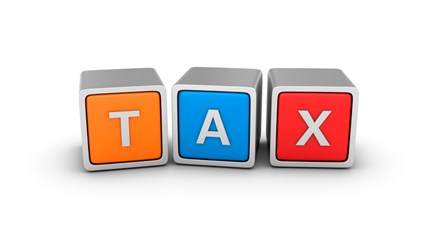Exclusionary VAT regulations trouble SMEs

The circular, issued by the Ministry of Finance (MoF), stipulates that only firms with annual revenue of at least VND1 billion ($47,400) are eligible for a VAT deduction.
The new regulation makes it more expensive for small and medium firms to do business, and this endangers their survival and growth.
According to the MoF, the purpose of the VND1 billion revenue threshold was to prevent the establishment of firms that do not do any real business besides just buying and selling fake VAT bills, resulting in losses to the state budget.
Another reason for the threshold according to the MoF is there are far more applications for VAT deductions than before, while the headcount at the government tax department has stayed the same, which has resulted in a significant overload.
“The threshold has had no visible effect on the establishment of firms that buy and sell fake VAT bills, but is already causing difficulties to legitimate ones,” Tien said.
Circular 219 also includes other complicated conditions for VAT deduction. For example, newly established firms buying fixed assets and machinery, not including cars with fewer than nine seats for firms operating in transport and tourism, can only apply for a deduction if such assets’ value exceeds VND1 billion.
It follows that service companies such as consulting and law firms are rarely eligible because they have no need for fixed assets valued at VND1 billion and up.
According to the CIA’s world factbook, Vietnam’s tax/GDP ratio was 25.2 per cent in 2013, higher than that of most countries in the region.
Firms in Vietnam spend 872 hours a year, or 100 working days, on tax declarations and payments, according to the 2013 Doing Business report released by the World Bank, four times the average of the Asia Pacific. Prime Minister Nguyen Tan Dung recently asked for reforms to reduce the number to 300 hours.
What the stars mean:
★ Poor ★ ★ Promising ★★★ Good ★★★★ Very good ★★★★★ Exceptional
Latest News
More News
- Cashless payments hit 28 times GDP in 2025 (February 04, 2026 | 18:09)
- SSIAM and DBJ launch Japan Vietnam Capital Fund (February 04, 2026 | 15:57)
- Banks target stronger profits, credit growth in 2026 (February 04, 2026 | 15:43)
- Vietnam on path to investment-grade rating (February 03, 2026 | 13:07)
- Consumer finance sector posts sharp profit growth (February 03, 2026 | 13:05)
- Insurance market building the next chapter of protection (February 02, 2026 | 11:16)
- NAB Innovation Centre underscores Vietnam’s appeal for tech investment (January 30, 2026 | 11:16)
- Vietnam strengthens public debt management with World Bank and IMF (January 30, 2026 | 11:00)
- Corporate bond market poised for stronger growth cycle (January 28, 2026 | 17:13)
- Vietnam's IPO market on recovery trajectory (January 28, 2026 | 17:04)
















 Mobile Version
Mobile Version